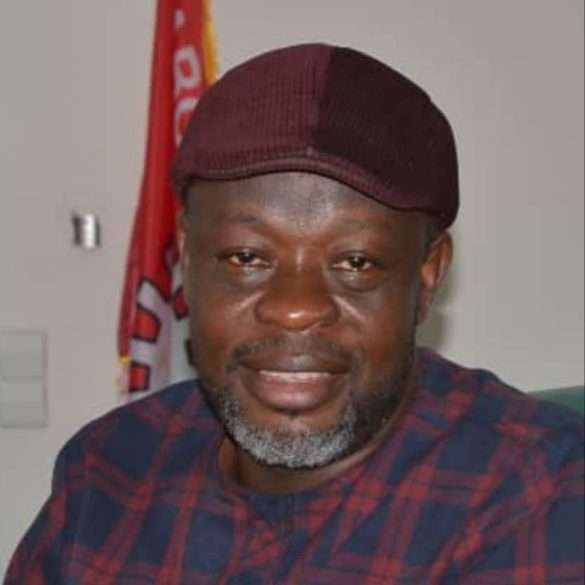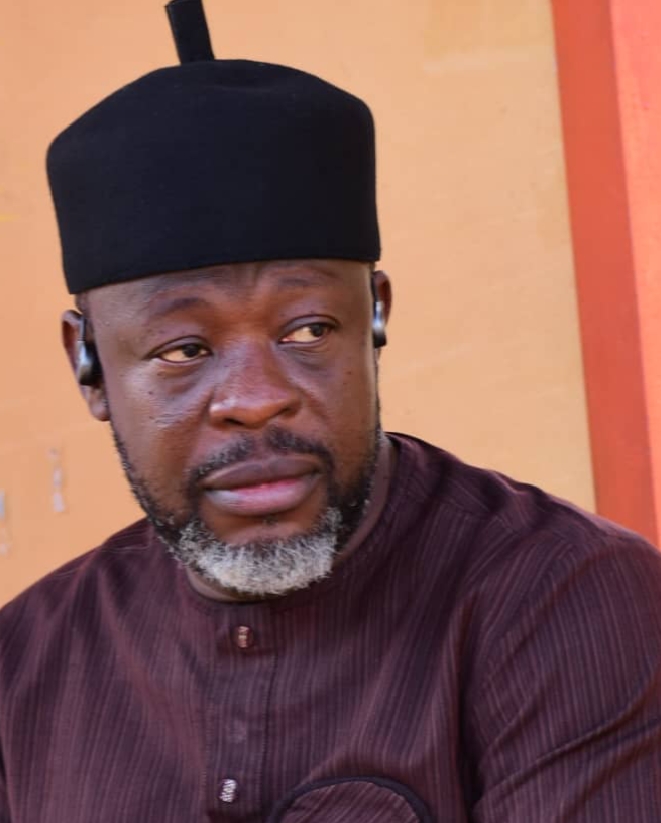The Degeneration of the Nigerian Judiciary: A Call for Reform. By Chidi Ekeh

The Degeneration of the Nigerian Judiciary: A Call for Reform

The recent correspondence from Adekunbi Ogunde of Wole Olanipekun & Co., regarding the ongoing USD130 million case at the Rivers State High Court, sheds light on a disturbing reality plaguing the Nigerian judiciary system. The implications of this letter are not only a reflection on the writer and the law firm she represents but also a scathing critique of the state of the Nigerian judiciary. It raises pertinent questions about the integrity, independence, and fairness of our legal system.
The Opportunism of Legal Practices

Adekunbi Ogunde’s letter reeks of opportunism, attempting to exploit a challenging situation for SAIPEM to her law firm’s advantage. The blatant self-promotion and grandstanding are unbecoming of a legal professional, especially in a matter as serious as this. The suggestion that SAIPEM needs a “more influential” lawyer to prevent a potential payout to the Rivers State Government undermines the competence and integrity of the current legal team involved. It is a glaring display of how some legal practices prioritize financial gains over justice and fairness.
The Influence of Politics in Legal Matters
The reference to Chief Olanipekun SAN, OFR, as the head of the entire legal profession in Nigeria, paints a troubling picture of the intertwining of politics and law. While Chief Olanipekun’s credentials are undoubtedly impressive, his influence should not be used as a bargaining chip to sway legal proceedings. Such practices erode public trust in the judiciary and compromise its independence.

The State of the Nigerian Judiciary
The letter from Wole Olanipekun & Co. serves as a microcosm of the broader issues afflicting the Nigerian judiciary. Over the years, there have been numerous reports of corruption, inefficiency, and political interference within the legal system. These challenges have resulted in a judiciary that is often perceived as biased, unpredictable, and susceptible to external influences.
One of the most glaring issues is the backlog of cases, leading to prolonged legal proceedings and delayed justice. The lack of transparency and accountability in the appointment and discipline of judges further exacerbates the problem. Additionally, the insufficient funding and resources allocated to the judiciary hinder its ability to function effectively and independently.
Structural Reforms for a Resilient Judiciary
To restore the integrity and credibility of the Nigerian judiciary, comprehensive reforms are imperative.
Judicial Independence: Establishing a transparent and merit-based appointment process for judges can help insulate them from political pressures. Ensuring their security of tenure can further enhance their independence and impartiality.
Transparency and Accountability: Implementing mechanisms for judicial performance evaluation and disciplinary action can help maintain high ethical standards within the judiciary. Public access to court proceedings and judgments can also foster transparency and trust.
Capacity Building: Investing in training and professional development programs for judges and court personnel can enhance their skills and efficiency. Furthermore, increasing the funding and infrastructure for the judiciary can help address the backlog of cases and expedite legal proceedings.
Technology Integration: Leveraging technology to automate court processes, facilitate online dispute resolution, and improve access to legal information can modernize the judiciary and make it more accessible and efficient.
Public Engagement: Engaging with civil society organizations, legal professionals, and the public in the reform process can ensure that diverse perspectives are considered and that the reforms are tailored to address the unique challenges facing the Nigerian judiciary.
Conclusion
The letter from Adekunbi Ogunde of Wole Olanipekun & Co. serves as a stark reminder of the pressing need for reform within the Nigerian judiciary. It highlights the dangers of political interference, opportunism, and the erosion of judicial independence. By implementing structural reforms that prioritize transparency, accountability, and capacity building, Nigeria can build a resilient judiciary that upholds the rule of law, promotes justice, and restores public trust. The time for action is now, and it is incumbent upon all stakeholders – from legal professionals to policymakers and citizens – to contribute to this crucial reform process.
Engr. Chidi Ekeh a public affairs analyst writes from Wuse Abuja +234 708 889 5150




